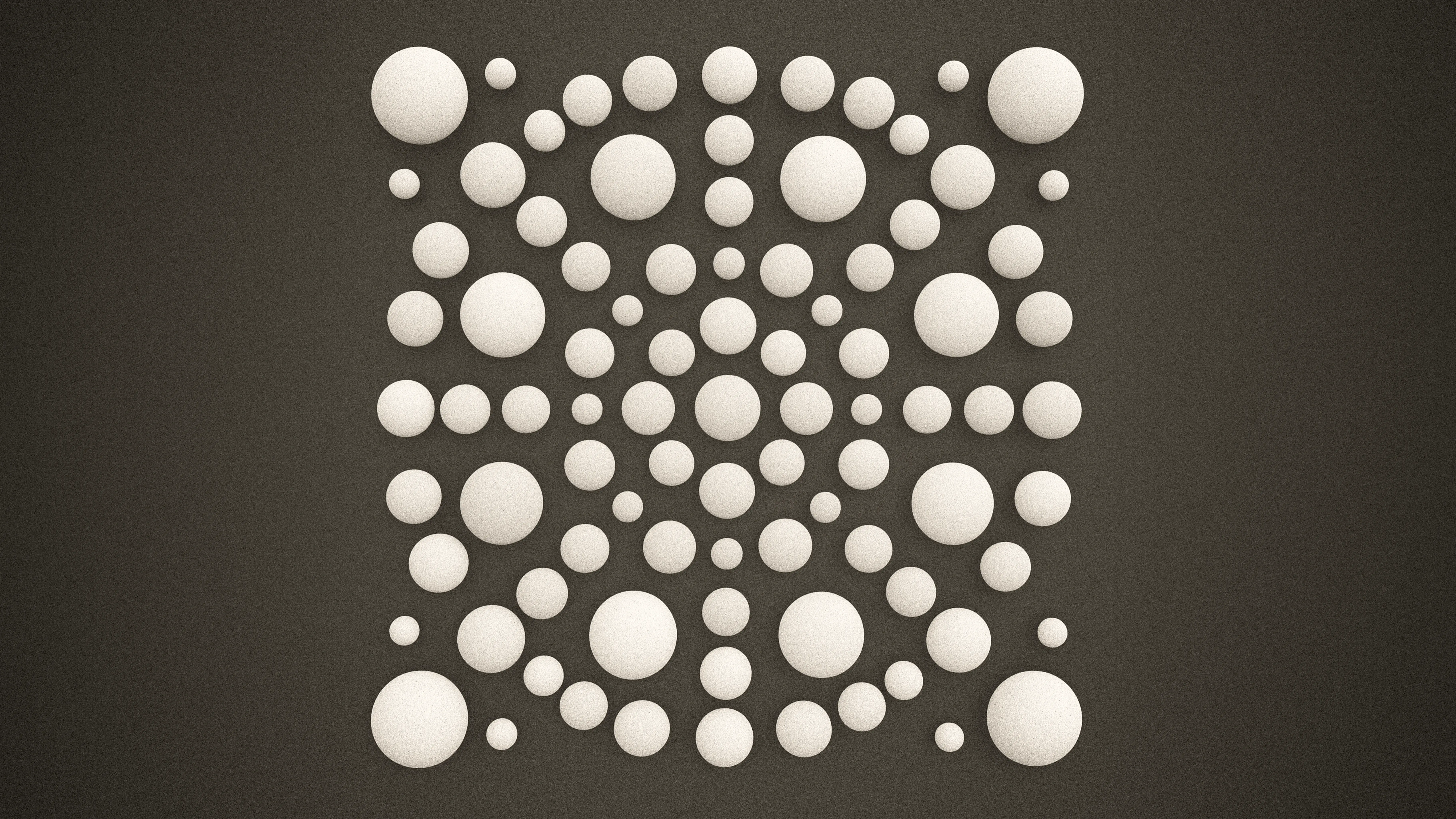Why today’s CFO is the CEO’s most valuable partner
The role of the CFO has changed in unexpected ways. For years, the finance department was mainly behind the scenes. Now, finance leaders are stepping past closing books and preparing the business for what comes next. With AI, they’ve moved from the...
